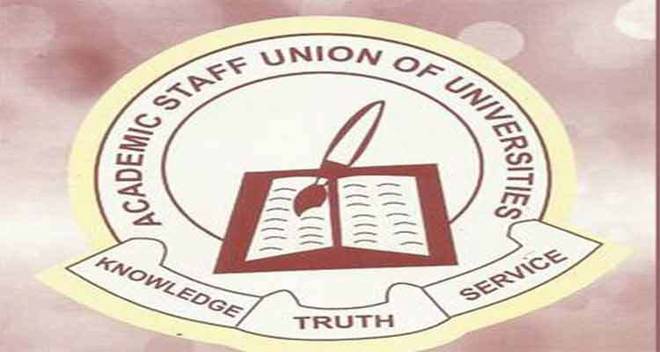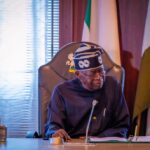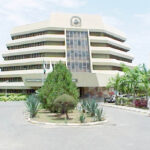As the strike embarked upon by the Academic Staff Union of Universities (ASUU), lingers, some stakeholders in the Education sector have expressed divergent views on the contending issues and the way out.
They expressed their views in separate interviews with the News Agency of Nigeria (NAN) on Monday in Lagos.
NAN reports that ASUU had on November 4 embarked on what it described as a ‘total, comprehensive and indefinite strike’.
Members of the union are protesting the non-implementation of agreements entered into with the federal government in 2009 and 2017, as well as poor funding and welfare issues of members, among other issues.
Prof. Kabir Akinyemi of the Faculty of Science, Lagos State University (LASU) said that the demands of ASUU were not outrageous.
He said that the union had been magnanimous with the present administration since its inception.
“ASUU cannot be treated like other unions in the country because in most cases, ASUU is always on the right direction in all facets of life,” he said.
Akinyemi urged the government to resume negotiation with the union as soon as possible for the interest of Nigerians, especially students and parents.
“I am sure that when the negotiation gets to reasonable point with sincerity and there is a commitment from the government, ASUU will definitely shift ground, “he said.
Mr Olayinka Aderoju , Vice – Principal, Nigeria Tulip International College, Ogun branch said while the lecturers could not be blamed for demanding for their entitlement and better funding of the universities, embarking on strike was still not the best option .
Aderoju said this was because strike was no longer a veritable tool for negotiation in the global world.
He noted that for the nation to overcome frequent strikes by lecturers and other unions, ASUU must demand for proper accountability and openness from the ruling government.
“ASUU’s concern should be why the elected politicians in the country who are not more than 11, 800 should be feeding fat on the resources meant for over 170 million Nigerians.
“If the government is open, strike can be prevented not only for ASUU, but also for all other labour unions.
“Once government at all levels show to all, what they make and how they share the resources among the various sectors, then the citizens and unions could be prevailed upon to endure,” he said.
Mrs Rita Ngeri, a parent also expressed displeasure on the manner at which the strike had been allowed to linger and why the government and the union should neglect the negotiation table at the detriment of the students’ future.
Ngeri said since education was the bedrock of development in every nation and also a right and not a privilege of a citizen, it must be seen and treated as such by the government, ASUU and other stakeholders. .
“As parents, we are unhappy with the development and seeing our children stay at home for two months now has been disheartening.
“We are however begging the government and ASUU to shift ground and resolve their differences by first week in January 2019 for the sake of the students, so that they can resume school,” she said.
A Student, Ayomide Kazeem of the Faculty of Science, Nasarawa State University, Keffi also told NAN that he was tired of staying at home while his mate in other countries were advancing in their educational pursuit.
Kazeem urged the government and ASUU to reach a compromise so that students can go back to school.
Meanwhile, Prof. Abiodun Ogunyemi, ASUU President had told NAN that since the commencement of the strike, the union had had six meetings with agents of the federal government, with no clear commitment from government to resolving the issues presented.
“Our expectation from a very responsive and sincere position is that by now, all outstanding issues would have been resolved to the satisfaction of both parties.
“Unfortunately, government is yet to show commitment and sincerity in addressing these problems,” he said. (NAN)

 Join Daily Trust WhatsApp Community For Quick Access To News and Happenings Around You.
Join Daily Trust WhatsApp Community For Quick Access To News and Happenings Around You.


